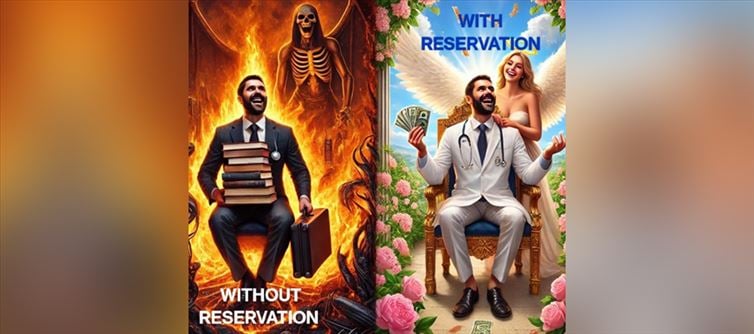
Proponents of removing the reservation system argue that it has outlived its purpose and has led to a division in society. They believe that meritocracy should take precedence, and the system, in its current form, benefits only a small section of the marginalized groups while ignoring economically disadvantaged people from non-reserved categories. Critics also claim that reservations in education and employment have sometimes lowered the quality of talent and led to resentment among other communities.
On the other hand, supporters of the system argue that india is still far from achieving equality, and reservations remain necessary to ensure representation for those who have faced systemic discrimination for centuries. They point out that social and economic disparities still exist, and removing the system would reverse the progress made toward leveling the playing field for historically oppressed groups.
A balanced approach could involve revisiting the criteria for reservations, focusing more on economic status rather than solely caste-based benefits, to create a fairer system.




 click and follow Indiaherald WhatsApp channel
click and follow Indiaherald WhatsApp channel